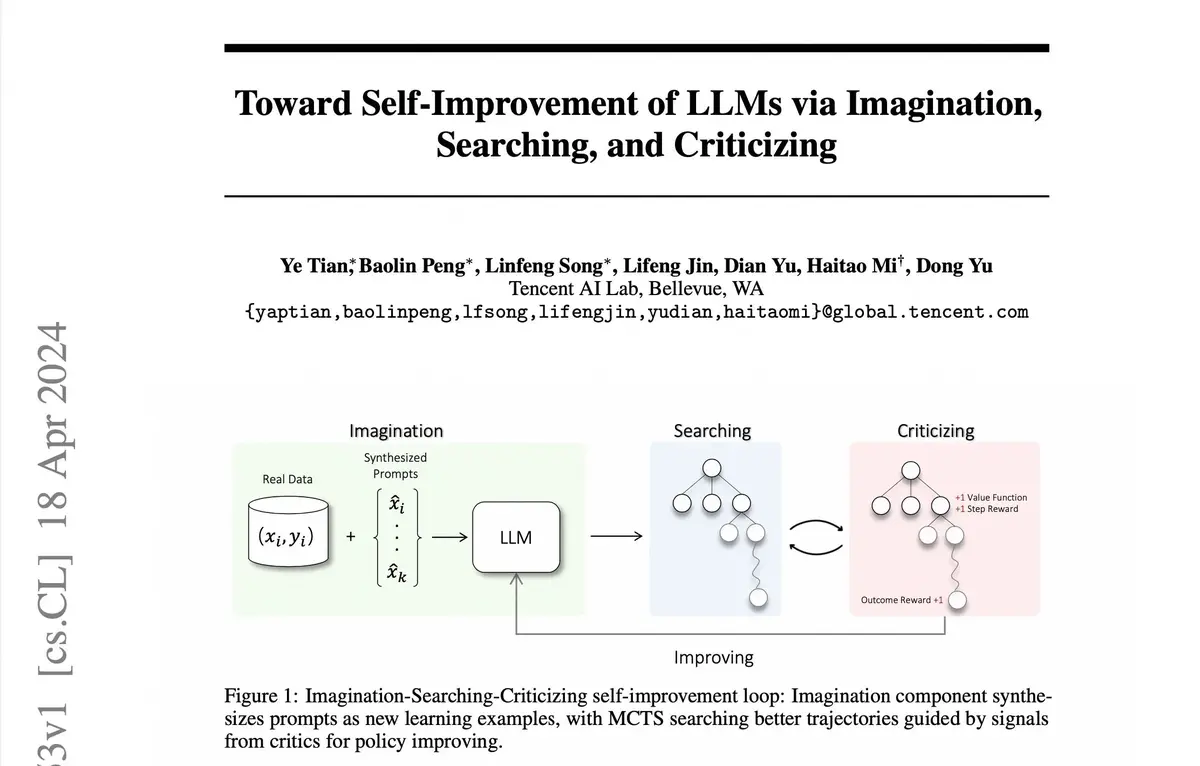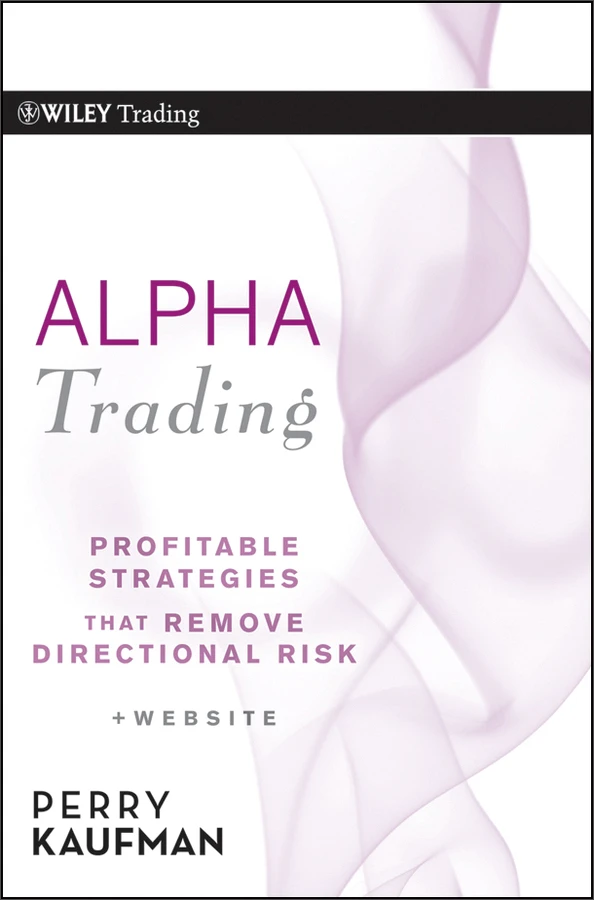


=====================================
Introduction
For decades, alpha strategies for retail investors were considered a domain reserved for hedge funds, institutional players, and quantitative trading desks. Alpha—the excess return an investment generates compared to a benchmark index—has always been the “holy grail” of active investing. With the democratization of data, trading tools, and education, retail investors now have unprecedented access to alpha-generation techniques.
This article demystifies alpha strategies, explores different methods retail traders can employ, compares their advantages and disadvantages, and provides actionable insights. Whether you’re a beginner exploring DIY alpha strategies for day traders or an experienced retail investor seeking to optimize your portfolio with alpha factors, this guide will give you the framework to approach alpha with confidence.
What Is Alpha and Why Does It Matter?
In finance, alpha measures an investment’s ability to outperform a benchmark after adjusting for risk. A portfolio with positive alpha indicates the manager (or strategy) added value beyond market exposure (beta).
For retail investors, generating alpha means building strategies that beat the market while managing risks effectively.
Key reasons why alpha matters:
- Performance Differentiator: Outperform peers and indexes.
- Risk Management: True alpha reflects skill, not luck.
- Wealth Accumulation: Compounded outperformance translates to significant long-term gains.
To fully understand this, many investors research “why alpha matters in investment decisions”—the short answer is that it separates market takers from market makers.
Alpha vs Beta Performance Comparison
| Strategy | Complexity | Best For | Strengths | Weaknesses |
|---|---|---|---|---|
| Factor-Based Investing | Low | Beginners & long-term investors | Strong academic support, accessible via ETFs | Factors may underperform for long periods |
| Quantitative Momentum | Medium | Swing & active traders | Proven persistence, simple to implement | High turnover, vulnerable to reversals |
| Event-Driven Strategies | Medium-High | Tactical investors | Exploits temporary mispricing | Requires fast execution, high monitoring |
| Alternative Data Strategies | High | Advanced DIY traders | Unique, non-traditional alpha signals | Expensive data, technical skills needed |
| Crypto Alpha | Medium-High | Retail crypto investors | Leverages momentum & on-chain signals | High volatility, risk management crucial |
| Futures Alpha | Medium-High | Retail futures traders | Trend-following with leverage | Requires careful hedging, high risk |
1. Factor-Based Investing
How It Works: Investors design portfolios around proven factors (value, momentum, size, quality, volatility). By tilting towards favorable factors, retail investors can extract consistent alpha.
Pros:
- Backed by decades of academic research.
- Accessible via ETFs and DIY portfolios.
- Suitable for both long-term and tactical allocations.
Cons:
- Factors can underperform for long periods.
- Requires regular rebalancing.
2. Quantitative Momentum Strategies
How It Works: Retail investors leverage price and volume signals (e.g., 52-week highs, relative strength) to ride existing trends. Momentum-based alpha has been historically robust across equities, crypto, and FX.
Pros:
- Relatively simple to implement with trading platforms.
- Strong evidence of persistence across markets.
Cons:
- High turnover leads to higher transaction costs.
- Vulnerable to sudden market reversals.
3. Event-Driven Strategies
How It Works: Retail investors capitalize on corporate events (earnings announcements, mergers, token unlocks in crypto) that cause temporary mispricing.
Pros:
- Short-term opportunities not always priced efficiently.
- Can be adapted for equities, bonds, and crypto.
Cons:
- Requires fast execution and constant monitoring.
- Risk of failed mergers, regulatory delays, or unexpected news.
4. Alternative Data Strategies
How It Works: Using satellite imagery, sentiment analysis, or blockchain wallet tracking, investors generate unique insights before traditional sources react.
Pros:
- Offers unique, non-traditional alpha signals.
- Increasingly accessible through API-driven platforms.
Cons:
- Data sets can be expensive.
- Requires technical skills to analyze.
Comparing Alpha Strategies
| Strategy | Complexity Level | Best For | Strengths | Weaknesses |
|---|---|---|---|---|
| Factor Investing | Low | Beginners & long-term investors | Strong academic backing | Factors can lag for years |
| Momentum Strategies | Medium | Swing & active traders | Proven persistence | Vulnerable to reversals |
| Event-Driven | Medium-High | Tactical investors | Exploits inefficiencies | Requires rapid execution |
| Alternative Data | High | Advanced DIY traders | Unique alpha opportunities | Costly and skill-intensive |
Recommendation: For most retail investors, factor-based and momentum strategies offer the best balance between accessibility and alpha potential. Event-driven and alternative data strategies are better suited for advanced traders.
Alpha Strategy Comparison
Building a Retail-Friendly Alpha Framework
1. Define Investment Objectives
Before deploying alpha strategies, retail investors must clarify whether their goal is wealth accumulation, income generation, or capital preservation.
2. Choose the Right Tools
From free screeners to paid platforms, retail investors can access alpha insights through platforms like TradingView, QuantConnect, or even crypto-specific dashboards.
Many beginners wonder “where to find the best alpha strategies”. The answer is in blending education, simulation, and real-world testing across multiple resources.
3. Balance Alpha with Beta
Alpha strategies should be combined with beta exposure (index funds or ETFs) for diversification. Comparing alpha and beta in finance helps investors understand when active bets are justified.
4. Risk Management Practices
- Use stop-loss orders and position sizing.
- Avoid excessive leverage.
- Monitor correlation between assets to prevent hidden risks.
Alpha in Retail Crypto and Futures Markets
While equities remain the traditional playground for alpha seekers, retail investors are increasingly exploring crypto and derivatives.
- Crypto Alpha: Momentum and alternative data strategies (on-chain signals, wallet flows).
- Futures Alpha: Retail investors learning “how to use alpha in perpetual futures” can hedge positions or apply trend-following with leverage.
These strategies open new dimensions for alpha, though volatility management is crucial.
Case Studies of Retail Alpha Generation
- Momentum in Equities: A retail investor uses moving averages to rotate into high-momentum stocks, outperforming the S&P 500 by 2.5% annually.
- Event-Driven in Crypto: Exploiting token unlock events, an investor shorts before unlocks, capturing temporary downward pressure.
- Alternative Data in Retail Stocks: Using Google Trends to predict retail stock spikes, an investor times entry into meme stocks before mainstream rallies.
FAQs
1. Can retail investors realistically generate alpha?
Yes, but consistency is the challenge. While hedge funds have more resources, retail investors benefit from agility, niche opportunities, and access to public factor strategies.
2. What’s the safest alpha strategy for beginners?
Factor-based investing, particularly value and quality factors, is best for beginners. It’s supported by decades of research and requires less monitoring.
3. Why is high alpha sometimes misleading?
High alpha over short periods may reflect luck, market anomalies, or hidden risks. Sustainable alpha should be measured over multiple market cycles with proper risk-adjusted metrics.
Conclusion
Alpha strategies for retail investors are no longer out of reach. With the right mix of factor-based investing, momentum strategies, and risk management, retail investors can capture outperformance once reserved for professionals.
The key is not chasing every opportunity but developing a disciplined, data-driven framework. Whether you’re using event-driven setups, alternative data, or futures-based alpha, the path to sustainable success lies in balancing innovation with prudence.
If this article helped clarify alpha strategies, share it with fellow investors, drop a comment about your favorite approach, and join the community of retail investors striving for smarter, alpha-driven portfolios.
Future of Alpha Strategies for Retail Investors